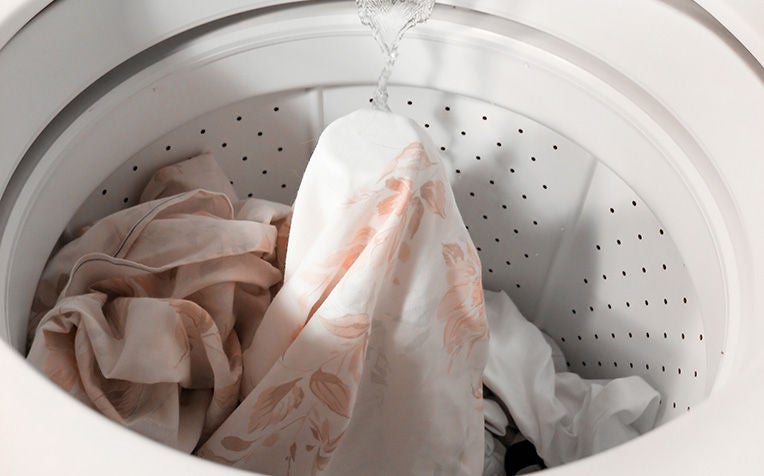
Allergic rhinitis can be controlled by minimising the child's exposure to specific allergens.
Treatment for allergic rhinitis is long-drawn as symptoms can recur when the allergen is present. Treatment involves identifying and avoiding allergens such as the house dust mite, and managing the symptoms with medication.
Children with mild allergic rhinitis can be treated with oral antihistamines. In more severe cases, nasal steroid sprays can be used.
“The newer non-sedating antihistamines are preferred for the treatment of allergic rhinitis as they do not cause drowsiness the following day, and are safer for longer term use,” says Associate Professor Anne Goh, Head and Senior Consultant, Allergy Service, KK Women’s and Children’s Hospital (KKH), a member of the SingHealth group.
Other treatment options include:
- Leukotriene receptor antagonists: This is a non-steroidal oral medication, which is also commonly used in the treatment of asthma
- Immunotherapy: This can help induce tolerance to allergens like the house dust mite.
Can children outgrow allergic rhinitis?
Children do not outgrow allergic rhinitis but symptoms can vary depending on exposure to triggers and allergens, says A/Prof Goh. Some children may find that their symptoms improve as they get older, especially when they become teenagers.
Tips for parents of children suffering from allergic rhinitis
Parents can help keep the child’s symptoms under control with medication and by minimising exposure to allergens. Parents can take the following steps to allergy-proof their house against the most common allergen – the house dust mite:
- Keep the child's bedroom meticulously clean to reduce exposure to dust mites
- Wash bed linen in hot water (> 60 deg. C) and change the sheets every week
- Reduce the number of soft toys in the child's bed
- Avoid having carpets in the bedroom
- Clean curtains regularly – for hygiene purposes, window blinds are a better option than curtains.
Reducing the child’s exposure to the house dust mite and other indoor allergens, as well as regular use of medications, will help control allergic rhinitis symptoms, says A/Prof Goh. The medications can be stopped when the child's symptoms are well managed, and restarted if symptoms recur.
Ref. Q15
Contributed by















